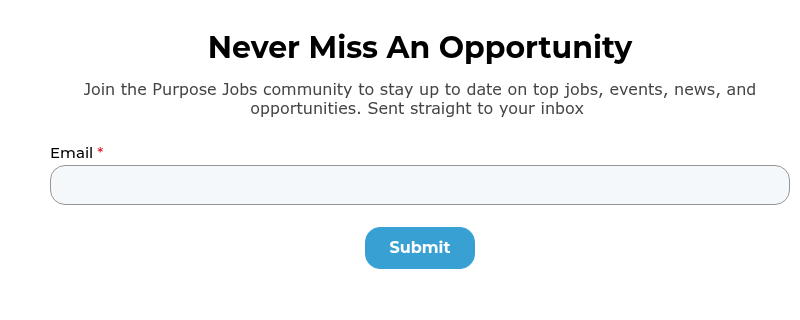Stansbury Weaver Brings a Startup Mindset to Staid Legal Industry
.jpg?width=2447&name=stansbury%20weaver%20(1).jpg)
The billable hour is dead.
Take it from Stansbury Weaver, Ltd., the Columbus law firm serving startup and tech companies with a modern billing approach to suit their needs.
The “general counsel-as-a-service” provides legal advice—securities and capital, contracting, intellectual property, mergers and acquisitions—as a monthly subscription, believing tech startups shouldn’t be nickel-and-dimed for five-minute phone calls or email exchanges. Especially at the pivotal growth period when they most need to lean on a trusted consultant.
“One of the key founding moments, or ‘lightning bolt’ moments, was talking with a client at a cocktail event, and we had just helped them raise something like $5 million or $10 million. And their COO mentioned to me offhand that they had some legal question, but they didn't want to spend the money to call and pay hourly, so they just Googled it themselves,” said Partner Mark Stansbury. “I thought, man, this is so dumb. They didn't want to pay for a five or 10-minute phone call to answer this question—that's a silly amount of friction to have in place. And so that, and a whole bunch of experiences tangential to that, brought us to this concept of covering all communications with a flat monthly fee. Clients can call anytime and we’ll open up the line of communications.”
That’s when today’s Stansbury Weaver was born.
The firm actually started out more traditionally. In 2015, Mark went from being a sole practitioner to partnering with John Weaver. Mark recalls being a “pretty traditional law firm,” billing hourly and showing up in three-piece suits every day. Until 2018.
“We both got kind of burned out on that hamster wheel and felt like we were not differentiating ourselves and not delivering as much value to clients as we could,” he recalls. “So we spent a lot of time brainstorming different ways we could iterate on it and landed on our general counsel-as-a-service subscription model that we use now.”
John left the firm to join a client but retains the title of Partner Emeritus. Today, the firm has nine employees and an intern. The firm is actively hiring, including non-lawyers.
“Although we're a law firm, we are more than just a team of lawyers,” said Chief Operating Officer Mackenzie Durbin. “I'm not a lawyer and we have multiple other members on our team who are not lawyers. We obviously need attorneys, because we do practice law, but we're also building a team because we function more like a tech company. So we have project managers and we have the whole operations side—and we're looking to expand and get more people doing business development.”
Stansbury Weaver typically works with digital-first companies that have raised $1 million or more in funding or which generate over $1 million of annual revenue. The unique approach to billing sets the tone for everything from the company culture to the types of interactions with clients.
Although business consulting is not an explicit part of the business, it has naturally become a service clients count on.
Clients are not abusing the unusually lax approach to communication because “no one wants to talk to their lawyer,” Mark laughs. “But they’ve paid for a monthly subscription, so they know it’s there. The lines of communication are open.”
They even set up Slack channels with their clients.
Although a regional firm previously expressed interest in acquiring Stansbury Weaver, there is still plenty of room for organic growth. Especially as the software-as-a-service movement continues.
“We still have a ton of room to grow where we have a national client base,” Mark says. “A lot of their issues are multi-state issues, federal issues like securities tax, IP stuff.”
The model is not only proving better for clients but also for lawyers. They can focus on building long-term relationships instead of accounting for every six minutes of their lives on a timesheet.
“The seemingly small change in how we bill clients has actually resulted in a complete upheaval of the way that we practice,” Mark says. “Everything is different. It just drives a completely different mindset for us. We sat through enough substance abuse seminars in law school to know that something's legitimately wrong with the billable hour and with that lifestyle.”
It’s an approach where everyone wins.
“We ask about client wins all the time,” said Partner Ryan Schick. “We get excited about client wins.”








.png?width=50&name=Erin%20Gregory%20(1).png)